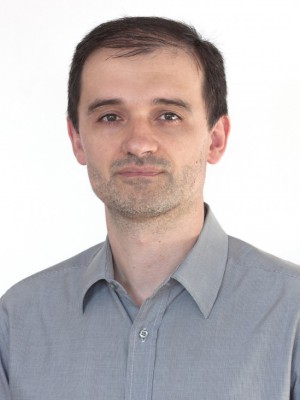abstract
Acidogenic fermentation (AF) is often applied to wastes to produce short-chain organic acids (SCOAs)-molecules with applications in many industries. Spent coffee grounds (SCGs) are a residue from the coffee industry that is rich in carbohydrates, having the potential to be valorized by this process. However, given the recalcitrant nature of this waste, the addition of a pretreatment step can significantly improve AF. In this work, several pretreatment strategies were applied to SCGs (acidic hydrolysis, basic hydrolysis, hydrothermal, microwave, ultrasounds, and supercritical CO2 extraction), evaluated in terms of sugar and inhibitors release, and used in AF. Despite the low yields of sugar extracted, almost all pretreatments increased SCOAs production. Milder extraction conditions also resulted in lower concentrations of inhibitory compounds and, consequently, in a higher concentration of SCOAs. The best results were obtained with acidic hydrolysis of 5%, leading to a production of 1.33 gSCOAs/L, an increase of 185% compared with untreated SCGs.
subject category
Biotechnology & Applied Microbiology; Engineering
authors
Pereira, J; de Melo, MMR; Silva, CM; Lemos, PC; Serafim, LS
our authors
Projects
CICECO - Aveiro Institute of Materials (UIDB/50011/2020)
CICECO - Aveiro Institute of Materials (UIDP/50011/2020)
Associated Laboratory CICECO-Aveiro Institute of Materials (LA/P/0006/2020)
acknowledgements
This work was developed within the scope of the project CICECO-Aveiro Institute of Materials (UIDB/50011/2020, UIDP/50011/2020 & LA/P/0006/2020), Associate Laboratory for Green Chemistry-LAQV (UIDB/50006/2020 & UIDP/50006/2020), financed by national funds through the FCT/MCTES (PIDDAC) and when appropriate co-financed by FEDER under the PT2020 Partnership Agreement. Paulo C. Lemos acknowledges the support by FCT/MCTES for contract IF/01054/2014/CP1224/CT0005 and Joana Pereira thanks FCT/MCTES for her Ph.D. grant SFRH/BD/130003/2017.





